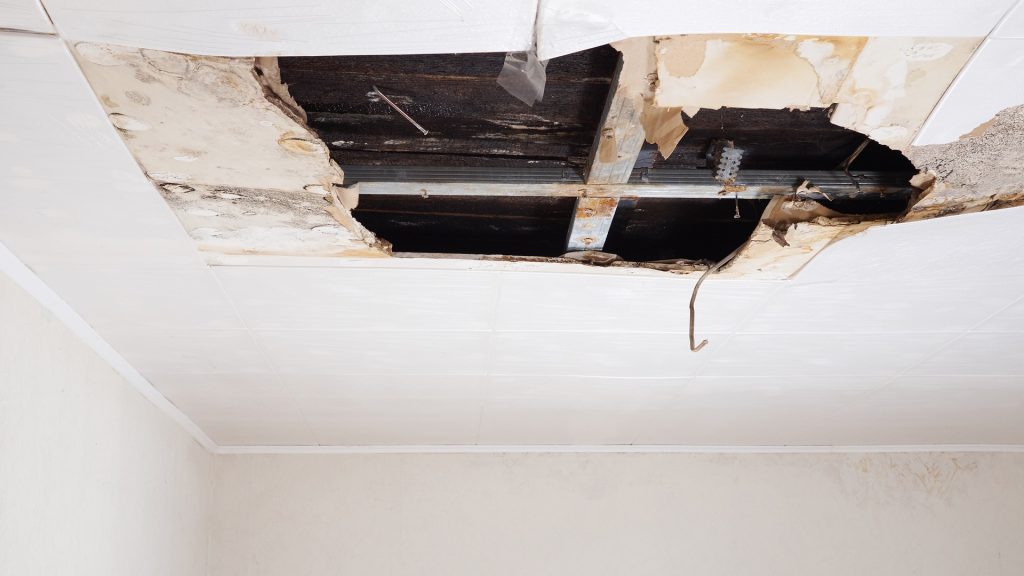Tenant settlements are often straightforward agreements between landlords and tenants, but when unexpected events like a ceiling collapse occur, the situation can become complex and emotionally charged. In this article, we will explore the issues surrounding ceiling collapse on tenant settlements, the rights of both parties, and potential remedies to resolve such situations.

Understanding the Problem
The Impact of Ceiling Collapse
A ceiling collapse is a significant safety hazard and can cause damage to a tenant’s belongings. Understanding the consequences is essential:
- Tenant Safety: Ceiling collapses can result in injuries, making the immediate safety of the tenant a top priority.
- Property Damage: Personal belongings, furniture, and valuables may be damaged during a ceiling collapse.
- Disruption of Living Space: A collapsed ceiling can render part of the rental unit or the entire space uninhabitable, requiring tenants to vacate temporarily or permanently.
Tenant Rights in Ceiling Collapse Situations
Tenants have specific rights in the event of a ceiling collapse:
- Safety: The landlord is responsible for ensuring the tenant’s safety. Immediate action should be taken to address any safety concerns.
- Property Repair: Landlords must make necessary repairs promptly to restore the living space. Tenants have the right to expect a safe and habitable dwelling.
- Property Damage Compensation: In many cases, tenants can seek compensation for damaged belongings or expenses incurred due to the ceiling collapse.
- Lease Termination: In severe cases, tenants may be allowed to terminate the lease agreement if the rental unit becomes uninhabitable due to a ceiling collapse.
Landlord Responsibilities and Legal Obligations
Landlords have legal obligations when it comes to ceiling collapses:
- Prompt Repairs: Landlords must make prompt and adequate repairs to address the ceiling collapse and ensure the tenant’s safety and comfort.
- Maintenance and Inspection: Landlords are responsible for regular maintenance and inspections to prevent such issues. Neglecting maintenance can lead to legal liabilities.
- Insurance: Landlords often have property insurance that covers structural damage and repairs. Tenants can request information about the landlord’s insurance coverage in ceiling collapse cases.
Potential Remedies
Tenant Action Steps
Tenants can take several actions to address a ceiling collapse:
- Document the Incident: Take pictures and videos of the ceiling collapse and any property damage. This documentation can be valuable when seeking compensation.
- Notify the Landlord: Inform the landlord immediately and in writing about the ceiling collapse. Make sure to keep copies of all communication.
- Request Repairs: Request prompt repairs to restore the living space’s habitability. The landlord should arrange for professional repairs.
- Consult with an Attorney: In complex cases or when the landlord fails to address the issue, consulting with an attorney can help tenants understand their rights and potential legal actions.
Landlord Resolution and Liability
Landlords can take the following actions to address ceiling collapses:
- Immediate Response: Act swiftly to ensure tenant safety and comfort, beginning with emergency repairs and addressing any safety hazards.
- Coordinate Insurance Claims: If the property is insured, landlords should assist tenants in processing insurance claims for property damage.
- Mediation: In contentious situations, landlords may consider mediation as an alternative to litigation. Mediation can help find mutually acceptable solutions.
Read too: How Much To Paint Basement Ceiling
Conclusion
Ceiling collapses in rental properties are unexpected and stressful events, impacting both landlords and tenants. Understanding the rights and responsibilities of each party is crucial for resolving such situations. Tenants have rights to safety, property repairs, and potential compensation, while landlords must meet legal obligations, promptly address ceiling collapses, and work to ensure tenant satisfaction. Consulting with legal professionals and insurance companies may be necessary in some cases to find the best resolution for all parties involved.